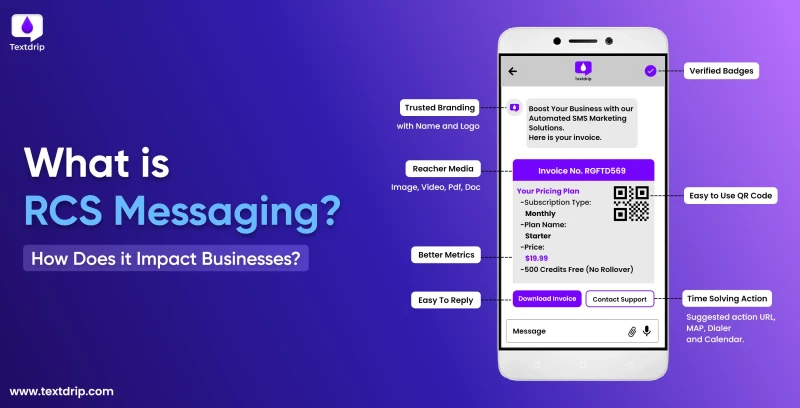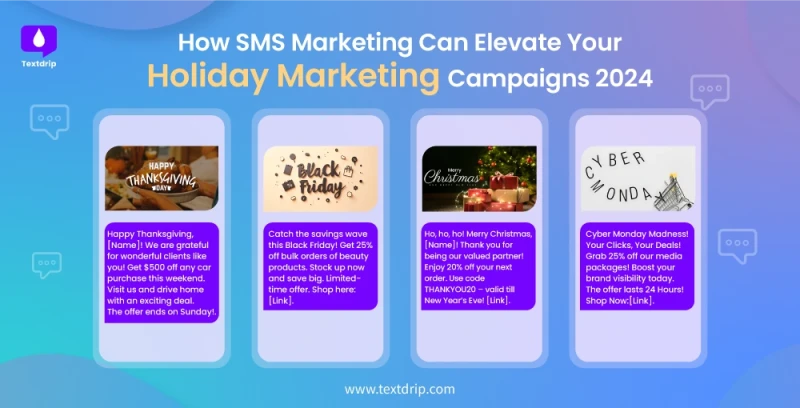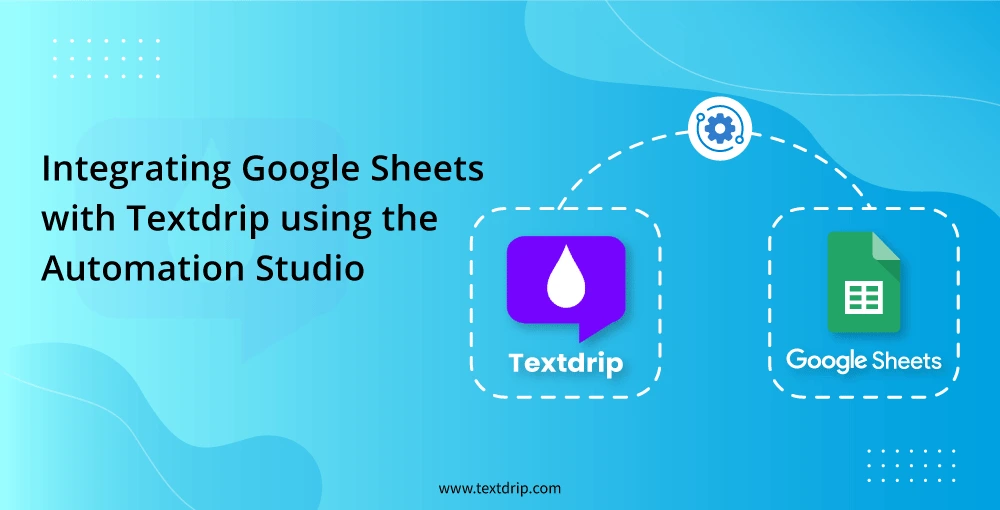
What is RCS Messaging? How Does it Impact Businesses?

03 April 2024

Dhimant Vyas
What is RCS Messaging?
RCS messaging, or Rich Communication Services, is a modern messaging protocol that increases the capabilities of traditional SMS messages. It allows users to send messages that include multimedia content, such as high-resolution images and videos, as well as provide read receipts, typing indicators, and group chat functionality. RCS is designed to offer a more engaging and interactive messaging experience compared to traditional SMS and MMS. With RCS, users can enjoy a more dynamic and feature-rich messaging experience, similar to popular messaging apps like WhatsApp and iMessage.
SMS vs. RCS: What’s the Main Difference?
RCS (Rich Communication Services) and SMS (Short Message Service) are both messaging services, but they differ significantly in features and capabilities:
-
Rich Media Content: RCS supports rich media content like high-resolution images, videos, and audio clips, while SMS is limited to plain text.
-
Read Receipts and Typing Indicators: RCS shows when a message has been read and when someone is typing a response, similar to instant messaging apps, while SMS does not have these features.
-
Group Chat: RCS allows for group chats, where multiple people can participate in a single conversation, while SMS is limited to one-to-one messaging.
-
Interactive Elements: RCS supports interactive elements like buttons, suggested automated replies, and carousels, making it more engaging than SMS.
-
Brand Presence: RCS allows businesses to create branded profiles, providing a more professional and trustworthy appearance, whereas SMS does not offer this feature.
-
Security: RCS offers enhanced security features compared to SMS, including end-to-end encryption for messages.
Is SMS dead due to the Replacement of RCS?
No, SMS (Short Message Service) is not dead due to the replacement of RCS (Rich Communication Services). Customers opt for SMS messaging due to its cost-effectiveness and scalability, boasting conversion rates of up to 98% for open rates and 19% for click-through rates compared to RCS messaging. Moreover, SMS remains widely used and relevant for several reasons:
1. Ubiquity
SMS is supported by virtually all mobile phones, including basic feature phones, ensuring that it remains accessible to a broad audience. This ubiquity makes SMS an essential communication tool, particularly in regions where smartphones are less prevalent.
2. Reliability
SMS is known for its reliability, with messages typically delivered promptly. Its reliability is crucial for time-sensitive communications, such as two-factor authentication codes or emergency alerts, where message delivery is critical.
3. Accessibility
Unlike RCS, SMS does not require an internet connection that’s why it is a dependable communication method in areas with limited or no data coverage, ensuring that messages can still be sent and received.
4. Interoperability
SMS works across different mobile networks and devices, ensuring that messages can reach their intended recipients regardless of their network or device. That interoperability is a key strength of SMS, allowing for seamless communication between users on different networks.
5. Cost-Effectiveness
SMS is often more cost-effective than data-based messaging services which makes SMS an attractive option for businesses and individuals looking to communicate with a wide audience without incurring high costs.
How RCS Messaging Impacts Business
1) Increased Customer Engagement
RCS messaging enables businesses to create rich and interactive experiences for their customers. With features like high-resolution images and videos, businesses can showcase their products and services in a more visually appealing manner. This can lead to increased engagement and higher conversion rates as customers are more likely to be attracted to visually compelling content. For Instance, a retail business can use RCS messaging to send product catalogs with high-quality images, allowing customers to browse and shop directly from the message.
2) Improved Customer Service
RCS messaging allows businesses to provide more personalized and efficient customer service. With features like typing indicators, businesses can let customers know when a representative is typing a response, reducing the time customers spend waiting for a reply. This real-time communication can help businesses address customer queries and concerns more effectively, leading to higher levels of customer satisfaction. Additionally, read receipts enable businesses to track when messages are delivered and read, providing insights into customer engagement.
3) Increased Brand Loyalty
By offering a more engaging and personalized experience, RCS messaging can help businesses build stronger relationships with their customers. For example, travel agencies can use RCS messaging to send personalized travel itineraries with interactive maps and destination guides, enhancing the overall travel experience for their customers. Customers who feel valued and engaged are more likely to become loyal brand advocates, leading to increased customer retention and lifetime value.
4) Seamless Integration with Business Systems
RCS messaging can be seamlessly integrated with existing business systems, making it easy for businesses to manage their communications. This integration allows businesses to track customer interactions, analyze engagement metrics, and automate responses. As an example, an e-commerce business can integrate RCS messaging with its customer relationship management (CRM) system to send automated order updates and shipping notifications, improving the overall customer experience.
Adoption and Future Trends of RCS Messaging
Looking ahead, the future of RCS messaging appears promising, with experts predicting continued growth and widespread adoption in the coming years. Juniper Research forecasts that the total number of RCS users will exceed 1.1 billion in 2024, representing a significant increase from the current user base. that growth is expected to be driven by the increasing demand for richer and more interactive messaging experiences among consumers and the growing adoption of RCS by businesses for marketing and customer engagement purposes.
Despite its potential, RCS adoption still faces several challenges and barriers. One of the main challenges is the fragmented nature of the RCS ecosystem, with different mobile carriers and device manufacturers implementing RCS in different ways. This fragmentation can lead to interoperability issues and compatibility issues between different RCS implementations, hindering the seamless adoption of RCS messaging across all devices and networks.
Another challenge is the competition from other messaging platforms such as WhatsApp, Messenger, and iMessage, which already have large user bases and established ecosystems. To overcome these challenges, industry stakeholders need to work together to standardize and streamline the RCS ecosystem, ensuring interoperability and compatibility across all devices and networks. In addition, businesses need to invest in RCS-enabled marketing and customer engagement strategies to capitalize on the growing popularity of RCS messaging among consumers.
Conclusion:
In conclusion, RCS messaging is expected to play a pivotal role in business communication. As technology continues to evolve, RCS messaging will likely become more widespread and integrated into daily operations. On the other hand, SMS is still more effective due to being supported by all mobile devices, including basic phones as well as its more established and widely used technology, making it more familiar and accessible to a broader audience.
So, Are you ready to make your business more impactable with SMS? Try Textdrip with a Free Trial.
Explore more content
More Sales Opportunities?
Automate your text messaging hustle to generate more sales opportunities with Textdrip and watch your business grow.












